‘The government would love to put issues such as these beyond the bounds of debate by creating an air of national emergency.’ So this magazine declared on 27 November 2004 in response to Tony Blair’s proposal for national identity cards, which had just been announced in the Queen’s speech. Our editor then, Boris Johnson, argued that their very existence would threaten the character and liberty of the country. If you buckle in an emergency, he argued, the principle will be lost for ever. He urged Tory MPs to rebel and crush identity cards which, he later said, he’d abolish if he ever ended up in government.
History now repeats itself. Blair is back, advocating identity cards in the form of vaccine passports or ‘Covid status certificates’. But it’s bizarre, this time, to think of Johnson as the enabler of this scheme rather than its chief critic. The arguments he made then apply now. If anything, they apply more forcefully, given that the identity card proposed this time round is far more expensive and intrusive: a device that would require citizens to share their private health information in order to go to cinemas, concerts, sports venues and so on.
Johnson asked what practical purpose Blair’s identity cards would serve. Can their advocates prove that their introduction would make us meaningfully safer? No serious analysis of Covid status certificates has been published by ministers, who seem fearful of the open debate that Blair, for all his faults, did not run away from. Israel, which is now fully vaccinated, is discovering that for all the theoretical attractions of its ‘green pass’, vaccine passports have been pretty useless in real life and are being widely ignored by businesses and venues.
Johnson’s other point — made in this magazine and later in his parliamentary career — was about the importance of stopping such technology from falling into the hands of government. As soon as identity cards are authorised, he said, and a central database of citizens is assembled, then a precious principle has been sacrificed: no one should be asked to show credentials to go about their daily life. The ‘frail cockade of freedom’, he wrote, is under constant threat from an interventionist state.
President Joe Biden appears to agree. His administration has said it will have nothing to do with vaccine passports on a federal level. ‘Our interest is very simple,’ the White House said. ‘Americans’ privacy and rights should be protected, so that these systems are not used against people unfairly.’ On a state level, Florida and Texas have already outlawed vaccine passports, using language that could have been lifted from old Boris Johnson speeches.
It would be tragic if, having been in front of this argument 17 years ago, the Prime Minister ends up on the wrong side of it now, pushed there by the sheer momentum of a government machine that has sunk billions into the NHS app and wants it to live on as a digital identity card. The argument might be different if Britain’s vaccine programme had flopped. It could then be argued that the only way to return to normal life was a system of digital mass surveillance, to identify and suppress local outbreaks.
But the vaccine success continues. Our swift rollout — more than half of all adults have had at least one jab — is working. The latest Office for National Statistics analysis shows that 55 per cent of the population have antibodies to the virus, a figure that has almost quadrupled since Christmas. To use Chris Whitty’s analogy, any new wave will now meet a wall of vaccinated people. That wall strengthens, with almost every adult expected to be covered by autumn. What possible role, then, for digital ID cards?
Perhaps a new vaccine-escaping variant of the virus will be proven to exist. But until it does, the government should stay vigilant and stick to Plan A: to vaccinate, achieve herd immunity (which we were told would be reached when 60 per cent of the population is immune) and let science restore liberty.
The collapse of democratic scrutiny — the government’s emergency powers were recently extended for another six months — has allowed bad ideas to grow in Whitehall. The push for vaccine passports is symptomatic of an important change in the relationship between individual and state which has taken place since the beginning of the Covid crisis. British democracy has long worked on the principle that people have the freedom to do what they like, save for things which are specifically outlawed. But after a year of rule by emergency powers, ministers now speak as if liberty is a privilege which can be earned through behaviour.
For two decades, Johnson has been the one of the most articulate voices defending British liberty. The great advantage of being in No. 10 is that he no longer needs to write a column about protecting freedom. He can type an email with his instructions, and they will be followed. This is why he swapped journalism for politics. It ought to be easy for him to settle the argument inside his government and conclude that vaccination passports, like Blair’s identity cards, are an unnecessary intrusion on our liberties.
Got something to add? Join the discussion and comment below.
Get 10 issues for just $10
Subscribe to The Spectator Australia today for the next 10 magazine issues, plus full online access, for just $10.
You might disagree with half of it, but you’ll enjoy reading all of it. Try your first month for free, then just $2 a week for the remainder of your first year.

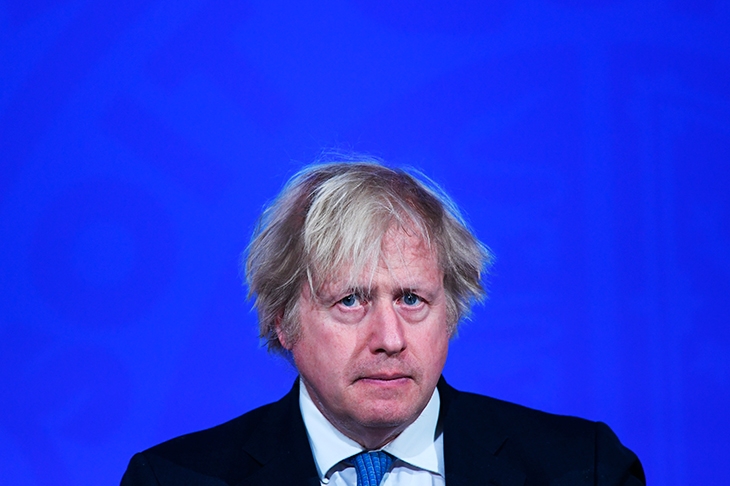
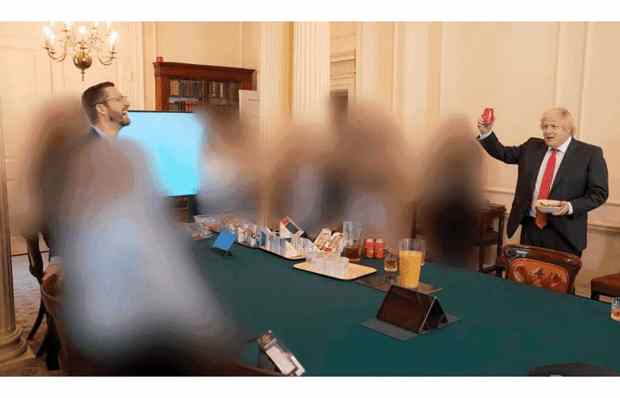

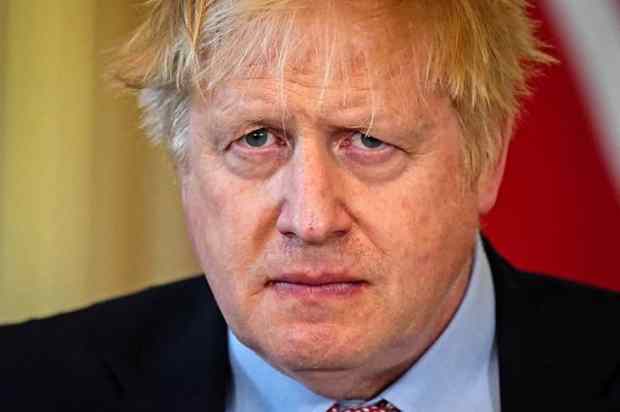
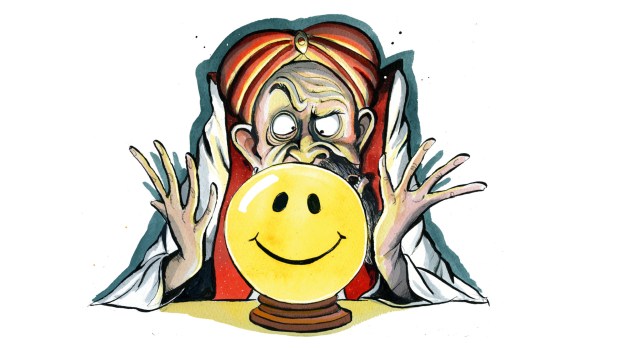
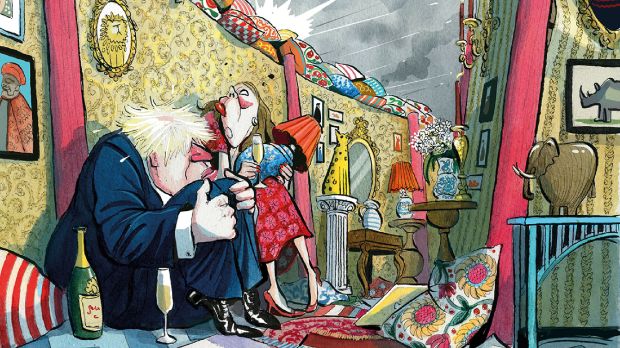
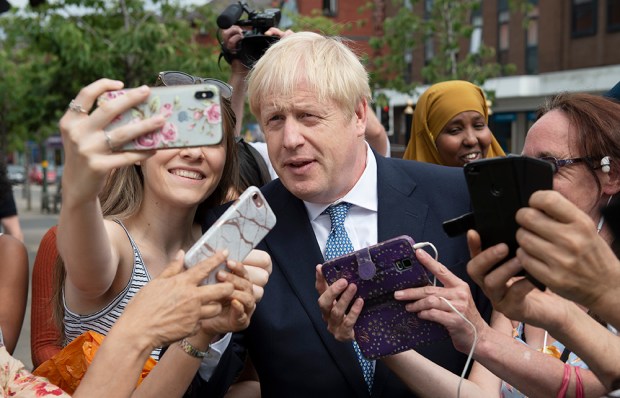






Comments
Don't miss out
Join the conversation with other Spectator Australia readers. Subscribe to leave a comment.
SUBSCRIBEAlready a subscriber? Log in